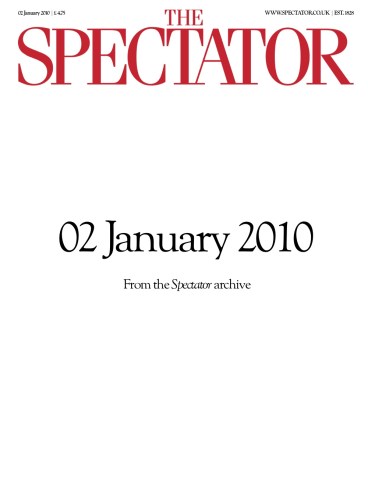Ignoble nobles
Badly behaved toffs have been a gift to writers since ancient times, and in English from Chaucer to Waugh. A quotation from the latter’s Put Out More Flags, about some shady manoeuvres by Basil Seal, supplies the epigraph to a chapter of Marcus Scriven’s Splendour & Squalor: ‘From time to time he disappeared … and

